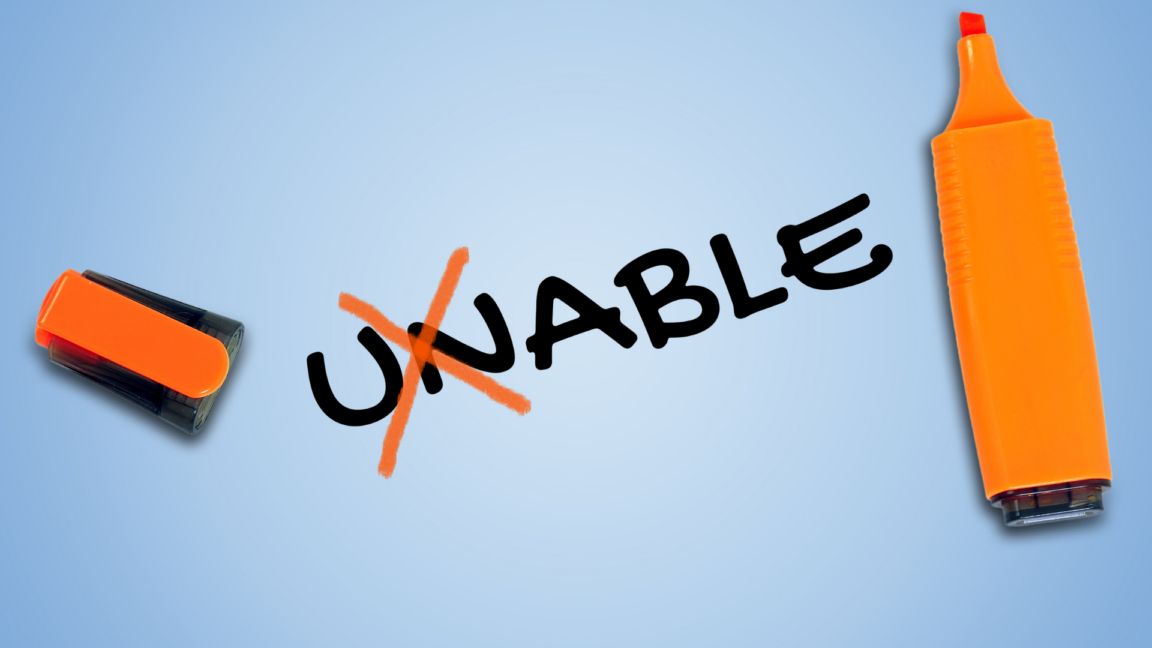In Short
Advice
Life is a journey filled with uncertainties, where unexpected events can disrupt even the best-laid plans. The dreams we envisioned sharing with our loved ones may be altered by unforeseen circumstances. Yet, amidst the challenges, some responsibilities persist, like "syndicate home loans" - a significant, long-term commitment. If co-borrowers set out on this journey together and tragedy strikes, how does it affect the situation? What steps should the surviving party take? In this article, PropertyScout delves into these questions, providing support to those navigating such difficult times.
How Does the Co-Borrower's Passing Affect Mortgage Repayments?

- In the initial stages, the co-borrower's passing does not immediately impact the existing mortgage for the residential property, which is still under the active loan agreement. The loan contract remains unaffected by the death of either one or both co-borrowers. The status of each co-borrower remains the same as before their passing.
- Changes to the details of the home loan occur when the relevant parties inform the bank about the co-borrower's demise. The bank will then request heirs or estate managers of the deceased co-borrower to sign documents indicating their intention to assume the debt within one year.
- Accepting the debt obligation ties the heirs of the deceased co-borrower to the role of debtors with the bank, taking the place of the co-borrower who passed away. However, there is a limitation that the heirs eligible to assume the debt must have reached legal age.
Does the Co-Borrower's Passing Affect Home Ownership Rights?
The passing of a co-borrower can indeed impact the ownership rights of the home. Initially, when co-borrowers apply for a loan together, each holds a fifty-percent share in the property's ownership. Therefore, when one co-borrower passes away, their fifty-percent ownership share passes on to their heirs. To effect this change, the heirs and estate managers must proceed with the necessary procedures at the local land office. They will need to submit a request for transferring the ownership title from the deceased co-borrower's name to their own. However, this process incurs a transfer fee equivalent to 2% of the property's assessed value.
Various solutions for a Syndicate Home Loan after your Co-Borrower's untimely death
The following are possible solutions for your syndicate home loan in the event of your co-borrower's untimely death
If your late co-borrower has MRTA Insurance

MRTA, or Mortgage Reducing Term Assurance, is a life insurance option that borrowers or co-borrowers can choose when obtaining a loan from a bank. This insurance provides coverage for the insured individual in the event of death or permanent disability. In case of such an unfortunate event, MRTA will pay off the outstanding home loan amount based on the coverage amount chosen by the insured. Therefore, if a co-borrower has taken out MRTA insurance, the insurance payout will be used to settle the remaining mortgage debt.
Example
If the home loan amount is 2 million Baht and there are 2 co-borrowers, each co-borrower is responsible for 1 million Baht of the debt.
Suppose one of the co-borrowers takes out MRTA insurance with coverage of 600,000 Baht. In the event of their passing, the insurance will pay out 600,000 Baht to settle a portion of the co-borrower's debt. This leaves a remaining outstanding debt of 400,000 Baht, which will be the responsibility of the deceased co-borrower's heirs to assume and repay.
Your late co-borrower's heirs

In the event that the heirs of the co-borrower show intent to assume the debt, the outstanding loan amount they would need to co-repay with the remaining co-borrower is equal to half of the latest remaining debt. To be eligible to take over the loan repayment, the heirs must have reached legal age and undergo an evaluation by the bank to determine their ability to meet the financial obligations as co-borrowers. This evaluation considers their income and the amount of debt they can comfortably manage.
Continuing the installment payment on your own (if possible)

In the case where an individual has the capability to continue repaying the loan both for themselves and on behalf of the co-borrower who passed away, the bank does not consider it a problem. However, there is an issue to address. Half of the ownership rights to the house still remain with the heirs of the deceased co-borrower.
Seek another co-borrower

The co-borrowers can find a new co-borrower to assist with continuing the home loan, but there is a condition that the new co-borrower must have a family relationship with the existing co-borrower. The request to change the co-borrower can be communicated to the bank, which will assess the new co-borrower's ability to repay the loan similar to a new loan application.
Typically, the bank accepts a debt burden of around 40-60% of the co-borrower's income. For example, at Kasikorn Bank, if the borrower's income is below 30,000 Baht, the debt burden can be up to 40%. If the income is above 30,000 Baht, the debt burden can be up to 50%. For incomes of 70,000 Baht and above, the maximum debt burden can be up to 60%, and so on.
If you can't continue paying on your own, nor can you find a co-borrower

In this case, the bank will provide a period of time for the co-borrowers to find a new co-borrower, and they may offer flexible repayment options during this period. For instance, Kasikornbank allows a 3-month grace period for paying only the interest. However, if the co-borrowers are unable to find a new co-borrower within this timeframe, they may have to sell the property to an external party. To do this, they must coordinate with the estate manager of the deceased co-borrower to obtain consent for the joint sale since a single co-borrower cannot sell the property independently.
Ultimately, if they cannot sell the property or repay the loan, the bank will consider both the original co-borrowers and the heirs of the deceased co-borrower in breach of the loan agreement.
Closing Comments
In the event of a joint home loan where one of the co-borrowers tragically passes away before completing the repayments, we at PropertyScout offer our heartfelt condolences to those going through this difficult time. Remember, the key is to act quickly and inform the bank of the situation to discuss possible modifications to the loan agreement. The heirs or estate managers, deemed capable of continuing the repayments by the bank, must take charge and continue the loan journey. We stand with you and provide support throughout this process. Stay strong!
For residential or investment purposes, check out PropertyScout's expansive selection of over 270,000 properties throughout Thailand in the links below!
FAQs
Lorem ipsum dolor sit amet, consectetur adipiscing elit. Suspendisse varius enim in eros elementum tristique.
Explore More Topics
Free real estate resources and tips on how to capitalise



